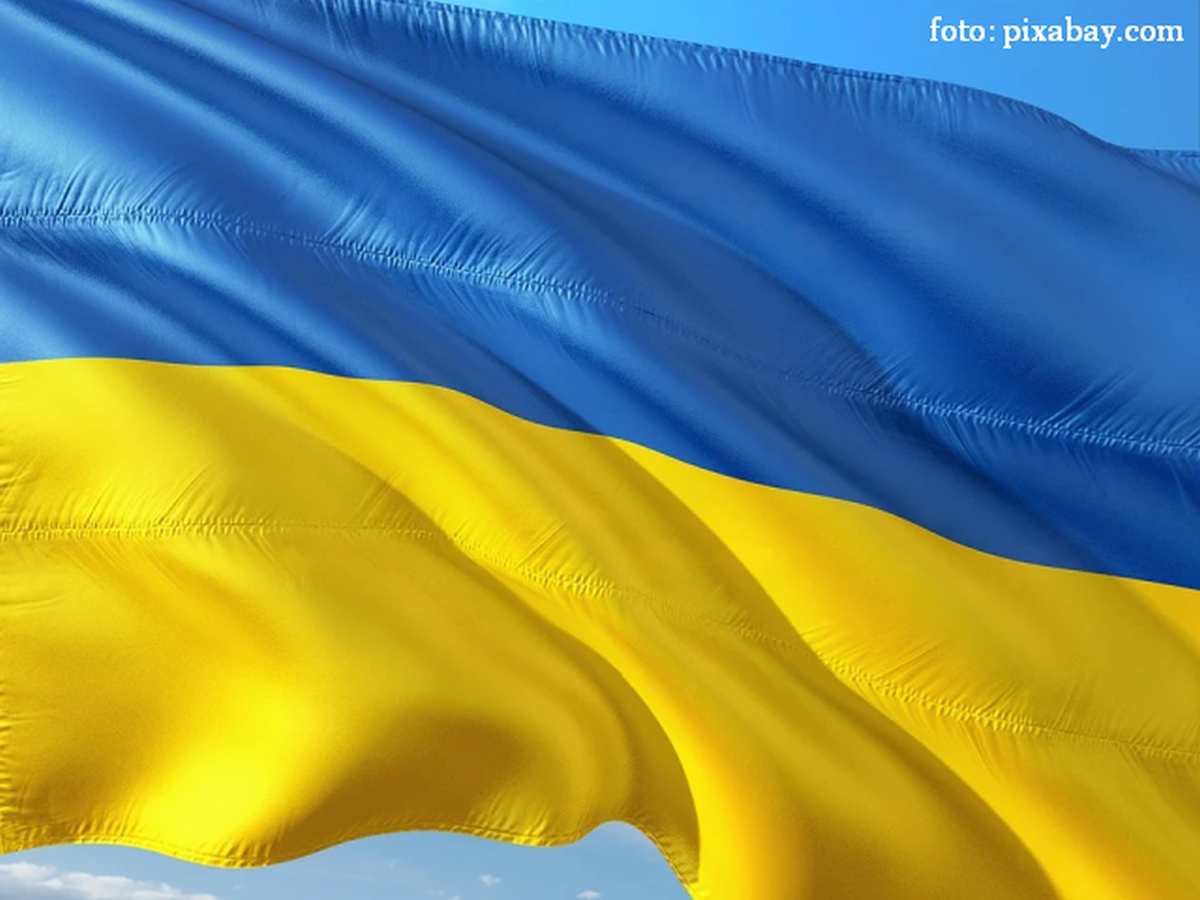Two years of war in Ukraine
Western states are seeking to boost support for Ukraine, two years after the Russian invasion.

Ştefan Stoica, 23.02.2024, 14:00
On 24th February 2022, Russia’s president Vladimir Putin announced the start of what he then called the “special military operation” against Ukraine and which soon turned into an all-out war in terms of scale and consequences. The aggression was firmly condemned by the states and organisations of the free world, and NATO and the European Union began to provide extensive economic, military, logistical and humanitarian support for the country under attack.
Contrary to the darkest predictions about a quick surrender, the Ukrainian people and its army put up a strong resistance, with the help of vital support from the West. Moreover, a military counteroffensive launched last summer that began with a few notable successes contradicted initial predictions and even favoured the scenario of a Ukrainian victory. However, things have not progressed as Kyiv and its allies would have wanted, and two years after the start of the war, the situation on the ground is complicated. The main explanation for this is the slow pace of military support reaching Ukraine, especially from its main supplier, the United States. Ukraine, president Volodymyr Zelensky admitted, is in an extremely difficult position on the front. The Ukrainian army is faced with multiple attacks from the Russian troops and is struggling because of a shortage of ammunition and the fact that support from the US is blocked.
Washington has now levied further sanctions on Russia targeting over 500 people and entities linked to its war machine, said the US State Department, which also noted that this will be the biggest package of sanctions since the start of Putin’s invasion of Ukraine. The move is in response to the death of the Russian opposition leader Alexei Navalny and also marks two years since the start of the Russian aggression. The United Kingdom also announced further sanctions against Moscow aimed at over 50 people and companies, especially in sectors supplying the Russian army with ammunition, rockets and explosives, as well as key income sources for Russia, such as the trade in metals, diamonds and energy resources. The UK also announced new rocket deliveries to Ukraine. EU ambassadors also recently approved a 13th package of sanctions. France’s president Emmanuel Macron is to host a high-level meeting in Paris next Monday to look at means to consolidate the cooperation of partners in support of Ukraine.
The Ukrainian ambassador to Bucharest Ihor Prokopchuk said his country and its allies must remain united and that Kyiv has one objective: to win the war started by Russia. He accused Moscow of blatant violations of international law, of destroying Ukrainian cities and causing many victims among civilians. He welcomed the European Union’s decision from 1st February to approve a financial aid package of 50 billion euros for Ukraine and thanked Romania for its political, military and financial support. (CM)






























